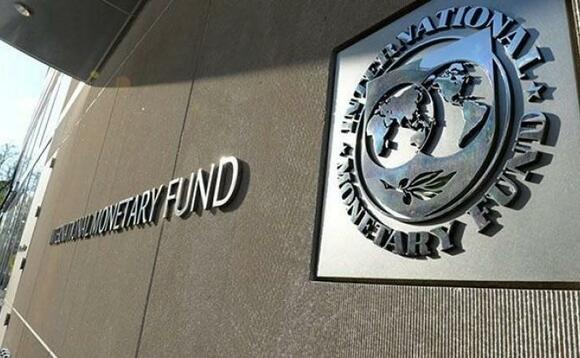The International Monetary Fund has warned that the UK's Mini Budget could have serious negative economic consequences, and is recommending against its implementation.
In a statement yesterday (27 September), the global financial institutional said that due to "elevated inflation pressures", it did not recommend "large and untargeted fiscal packages at this juncture".
The body warned that the tax cuts could lead to fiscal policy crossing purposes with monetary policy and added that "the nature of the UK measures will likely increase inequality".
The market has continued to respond poorly to last week's Mini Budget, as the mass sell-off of gilts has continued in response to the uncosted borrowing planned by Chancellor Kwasi Kwarteng.
Market Movers Blog: BoE chief economist Pill: A 'significant monetary response' is needed
The IMF continued: "The November 23 budget will present an early opportunity for the UK government to consider ways to provide support that is more targeted and re-evaluate the tax measures, especially those that benefit high income earners".
The Treasury said earlier this week that it was planning to lay out a Medium-Term Fiscal Plan on 23 November, where Kwarteng will "set out further details on the government's fiscal rules, including ensuring that debt falls as a share of GDP in the medium-term".
Adnan Mazarei, former deputy director of the IMF, said the statement was "on the strong side" and said that the international lender was "concerned, especially about the risks of a spill over," which he said was "tangible".
Mazarei said that these statements are "common with regard to emerging market countries with problematic policies, but not often about G7 countries".
He added: "The UK authorities have embarked on an unnecessarily risky path."





